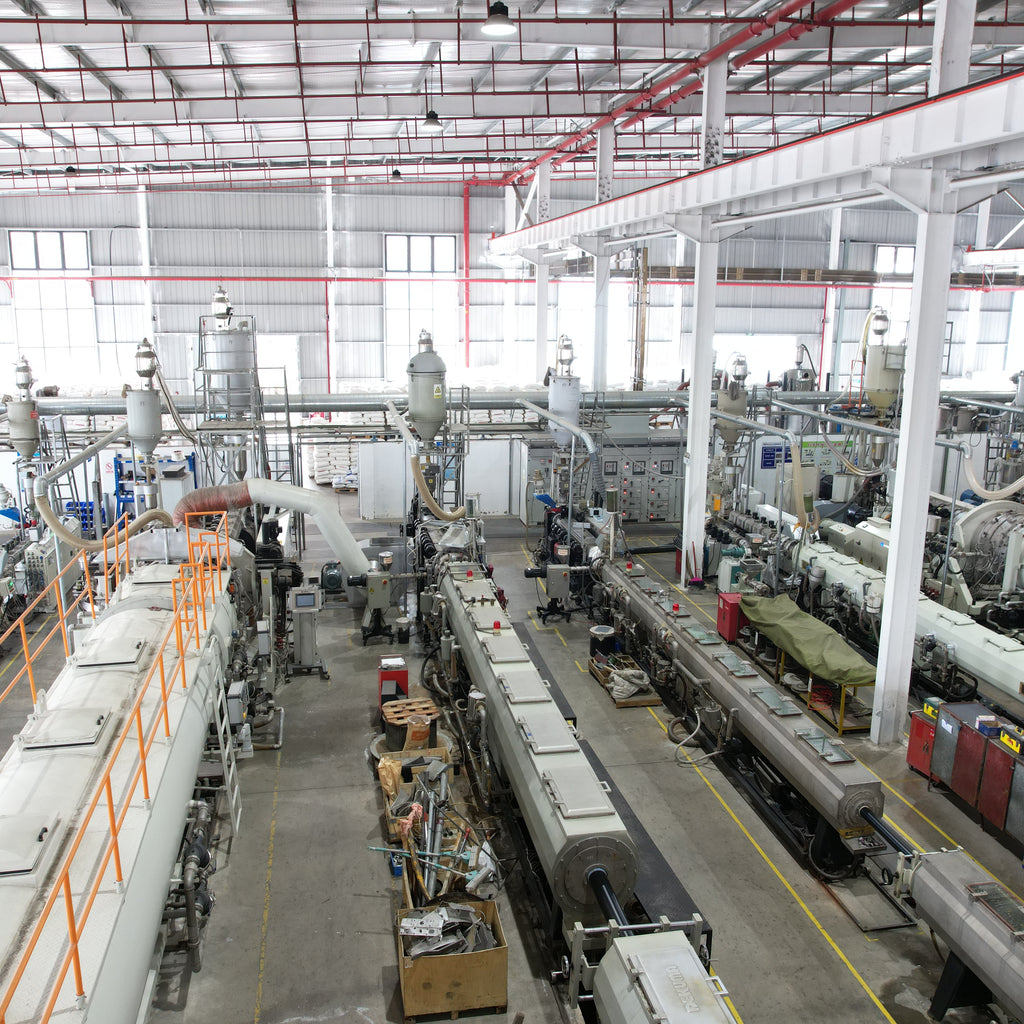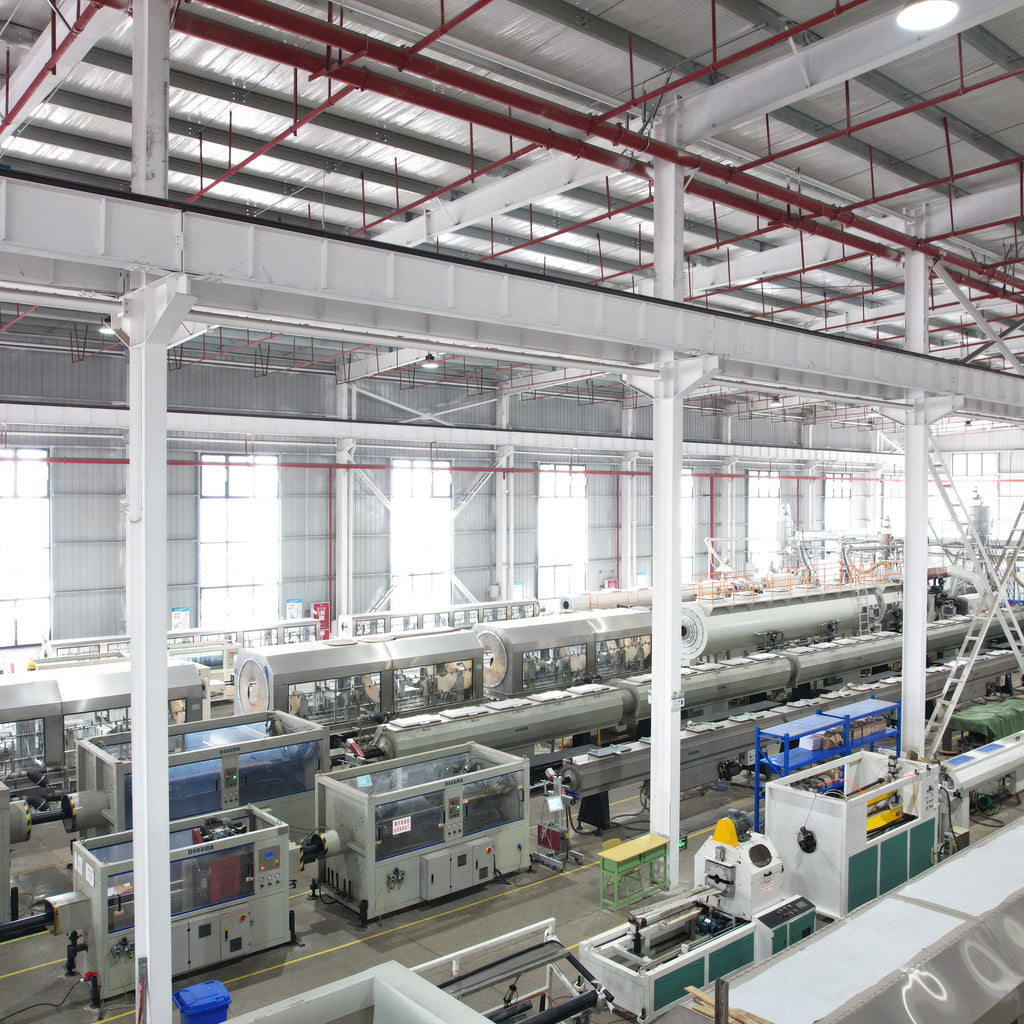In a significant step toward environmental stewardship, Luoyang Zhengju New Materials Co., Ltd. spearheaded a month-long ecological restoration project at Longtan Lake Park in July 2025. The initiative, involving over 120 employees, aimed to revitalize the 30-acre urban green space using the company’s eco-friendly composite materials, blending technological innovation with nature conservation to create a sustainable, resilient ecosystem.
The project’s centerpiece was the lake rehabilitation. Years of sediment buildup had degraded water quality, threatening aquatic life. Employees deployed Zhengju’s biodegradable composite mesh barriers—made from plant-based polymers—to contain and filter pollutants. These barriers, designed to break down naturally after 18 months, trapped debris while allowing beneficial microorganisms to thrive. Divers from the company installed submerged composite reefs—hollow structures mimicking natural habitats—to provide shelter for fish and improve water circulation. "Within weeks, we noticed clearer water and more bird activity," said park ecologist Dr. Hu Ning.
On land, volunteers focused on soil restoration in areas damaged by erosion. They spread a layer of Zhengju’s biochar-infused composite mulch, which retains moisture 30% better than traditional mulch and slowly releases nutrients into the soil. The mulch, made from recycled agricultural waste, suppresses weeds without harmful chemicals. Employees planted native species like Chinese pines and flowering shrubs, using biodegradable composite stakes to support saplings—stakes that decompose into organic matter within two years, enriching the soil.
To enhance accessibility while preserving the park’s natural beauty, the team constructed eco-friendly pathways using permeable composite pavers. These pavers, made from recycled glass and industrial byproducts, allow rainwater to seep into the ground, reducing runoff and recharging groundwater. The pathways wind through the park with gentle slopes, lined by low composite curbs that prevent soil erosion while blending with the landscape. "We wanted visitors to connect with nature without harming it," explained landscape architect Li Jia, who collaborated on the design.
Another key project was the renovation of the park’s education center into a hub for environmental learning. Employees installed solar-powered composite display boards—resistant to weather and vandalism—that showcase the park’s ecosystem and restoration progress. The center’s new flooring, made from recycled rubber composites, provides a soft, safe surface for children’s activities. A living wall, supported by lightweight composite frames, features native plants that purify the air and attract pollinators.
Volunteers also built composting stations using durable composite materials, where visitors can dispose of food waste to create nutrient-rich soil for the park’s gardens. They distributed reusable composite water bottles to promote sustainability, along with guidebooks printed on seed paper embedded with wildflower seeds—encouraging readers to plant them and grow more green spaces.
To mark the project’s completion, the company hosted a community eco-festival, with workshops on composting, birdwatching, and sustainable gardening. Local schools participated in a "plant a tree" ceremony, using Zhengju’s eco-friendly planting kits. "This park is now a living example of how innovation and nature can work hand in hand," said park director Wang Hao.
CEO Zhao Min emphasized the company’s commitment: "At Zhengju, sustainability isn’t just a buzzword—it’s in the materials we create and the communities we serve. By restoring Longtan Lake Park, we’re not only healing the environment but also giving people a place to reconnect with nature and learn how to protect it."
The restoration has already boosted biodiversity, with sightings of rare birds and butterflies increasing by 50%. Visitor numbers have risen, with families and nature enthusiasts praising the park’s beauty and educational value. As Luoyang Zhengju continues to develop eco-friendly materials, it remains dedicated to nurturing green spaces that benefit both people and the planet.



